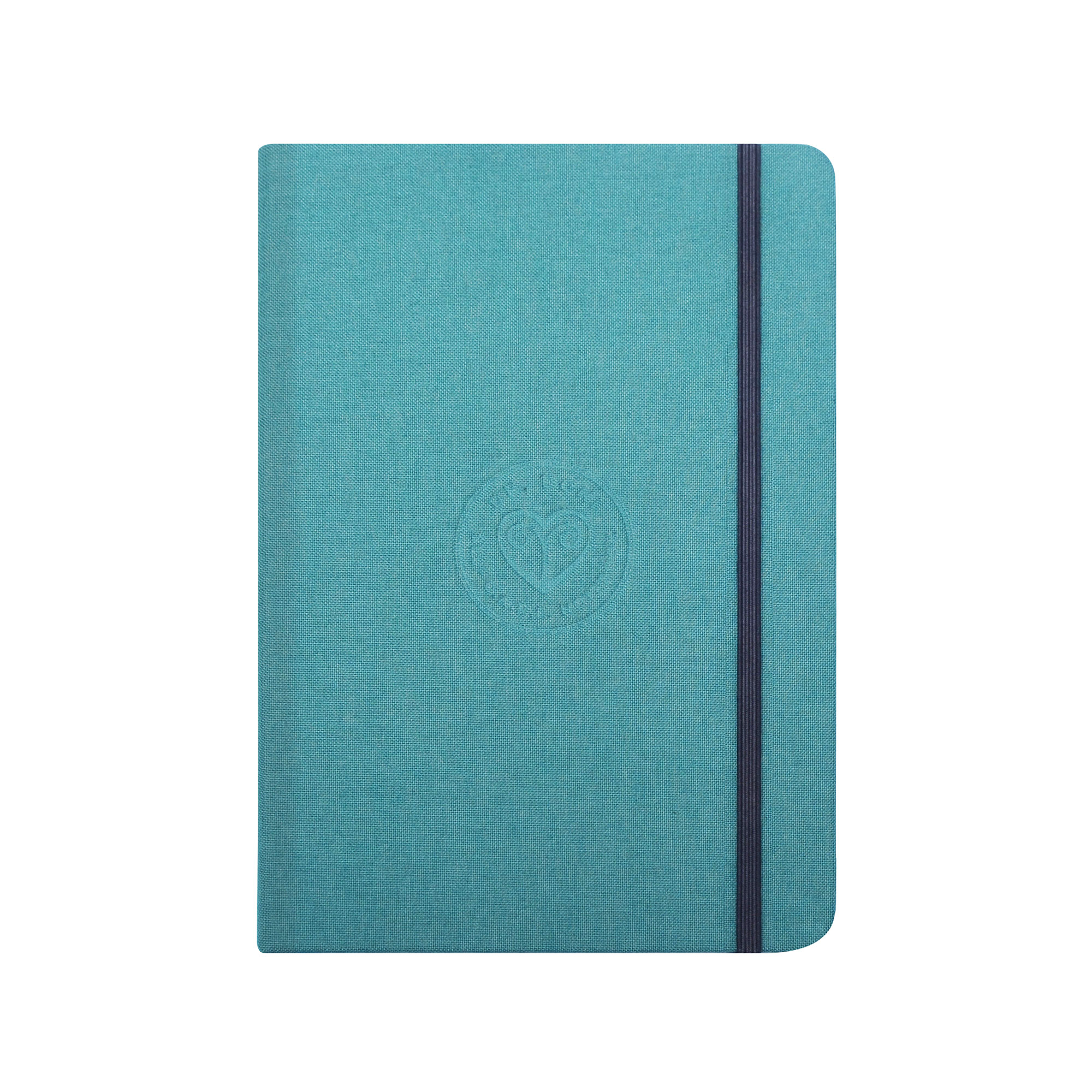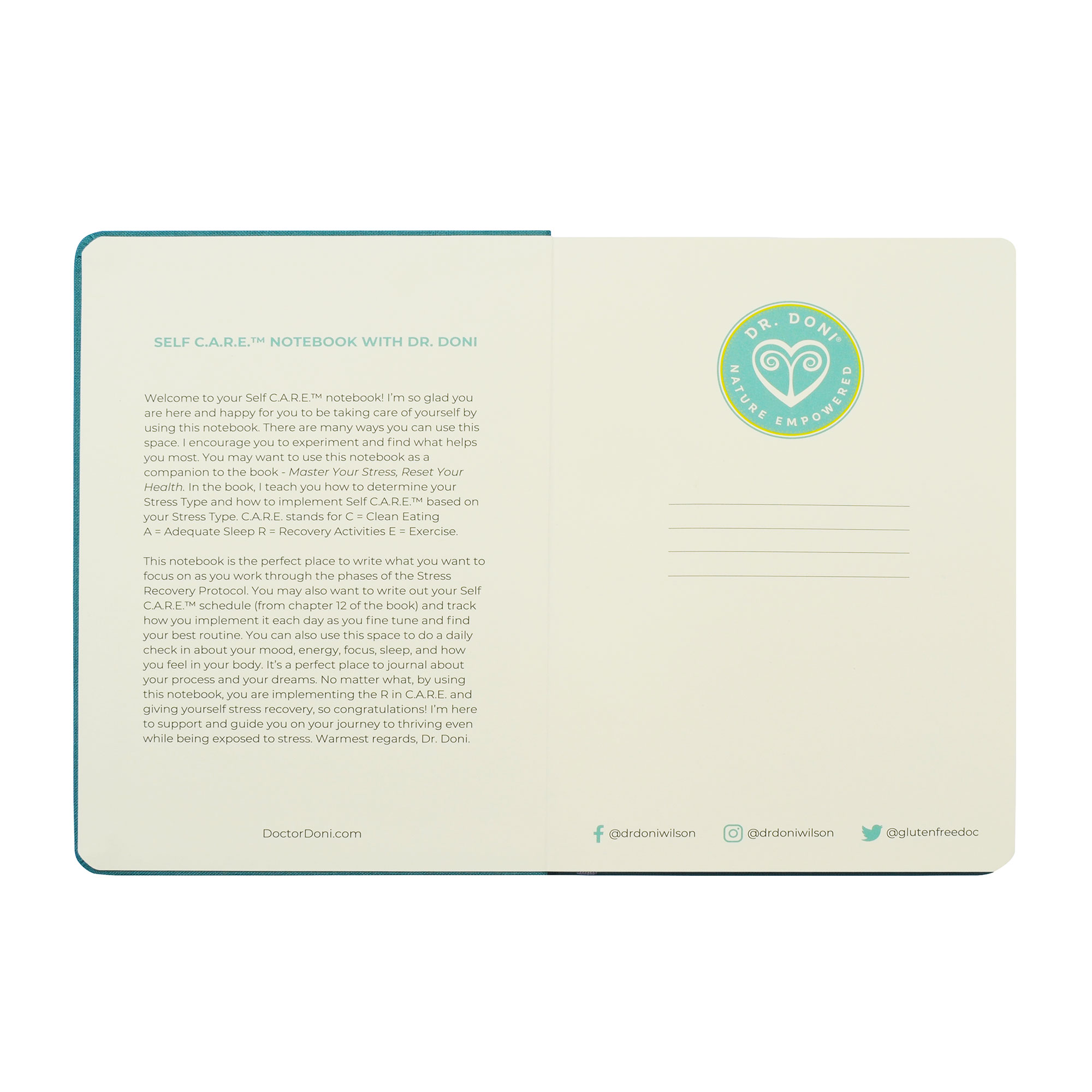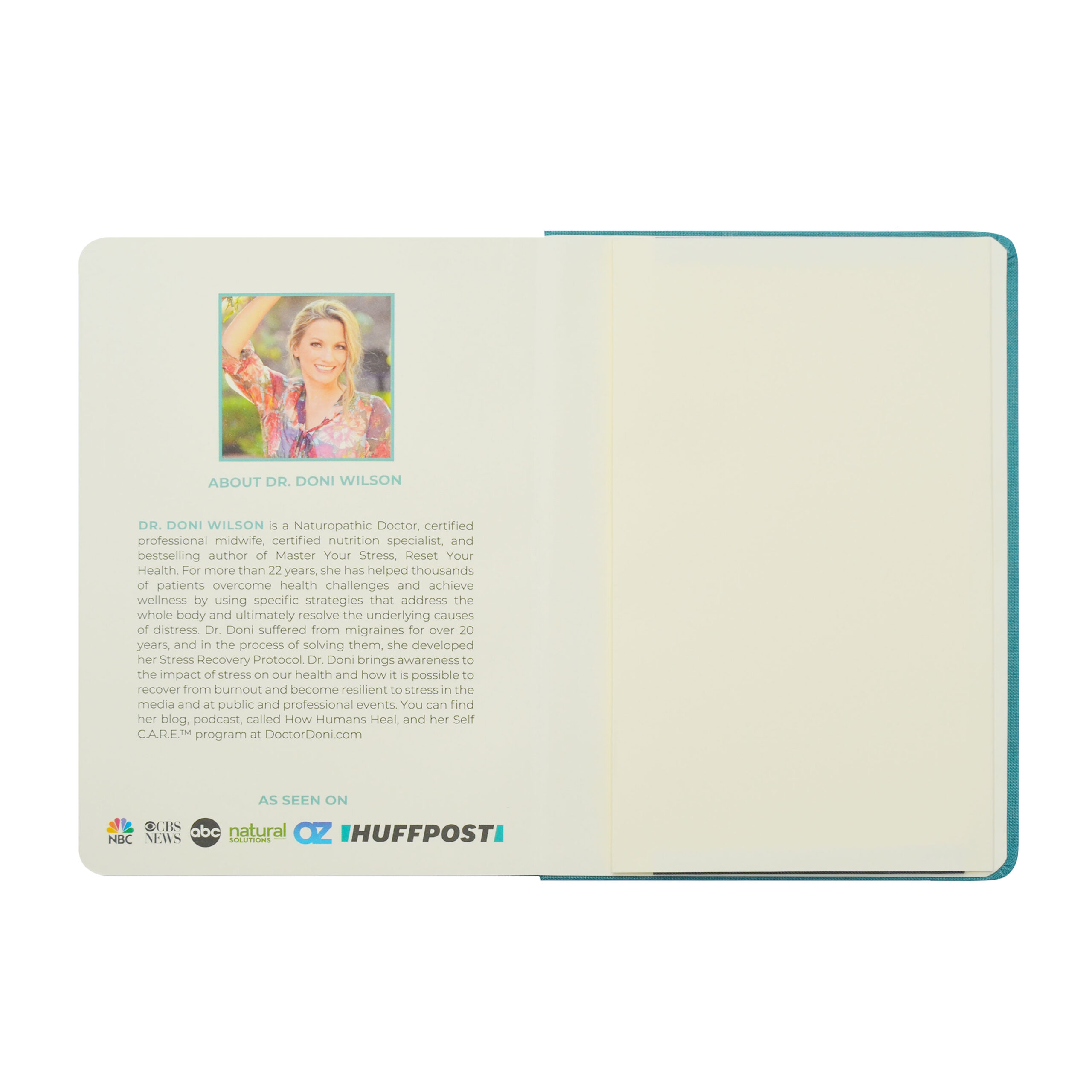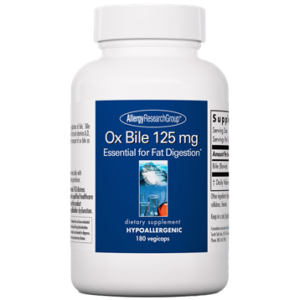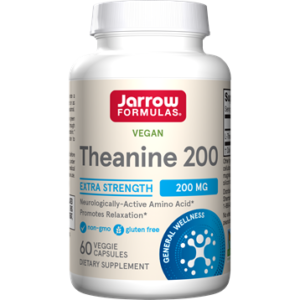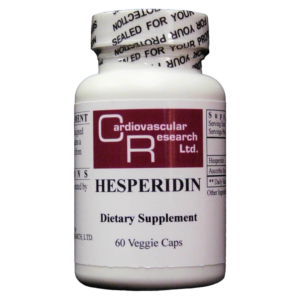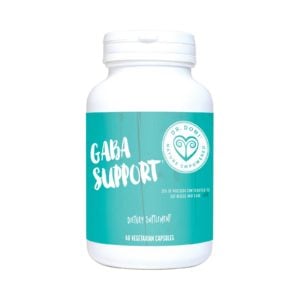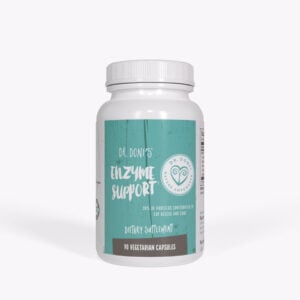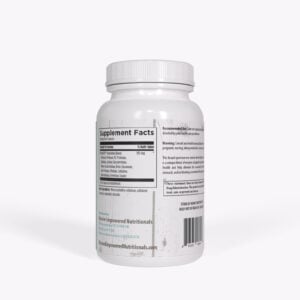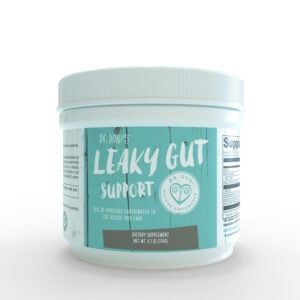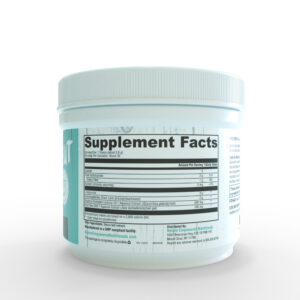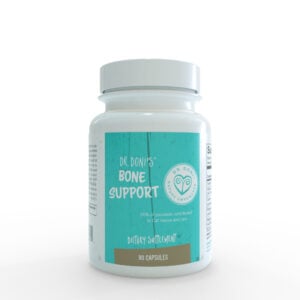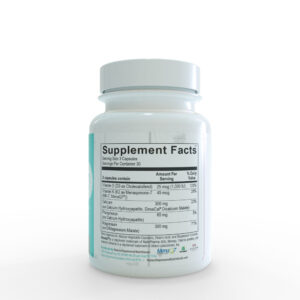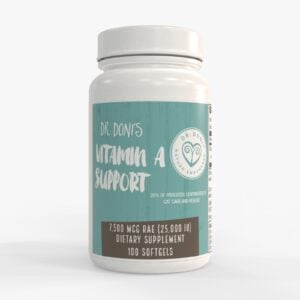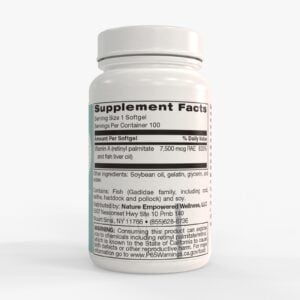SelfC.A.R.E.™ Notebook With Dr. Doni
SelfC.A.R.E.™ Notebook With Dr. Doni
$29.00
This notebook is the perfect place to write what you want to focus on as you work through the phases of the Stress Recovery Protocol. You may also write out your Self C.A.R.E.(TM) schedule and track how you implement it each day as you fine-tune and find your best routine.
Description
SelfC.A.R.E.™ Notebook: More Writing, Less Stress!
Journaling is very personal, and it can be whatever you want it to be. It’s all about finding out what works for you so it helps you understand where you are, where you want to go, and the best way to get there.
Studies have shown that journaling increases well-being, decreases stress and anxiety, and enhances overall quality of life. There is also an added learning and mood boosting benefit in handwriting versus typing. Journaling has even been shown to help people cope with depression. It’s like therapy!
Writing down your thoughts and feelings will give you more awareness in many areas of your life, helping you:
- Decrease worries
- Sleep better
- Improve your mood
- Process your feelings
- Understand your experiences
- Identify patterns, ideas, and goals
- Feel inspired and motivated
- Keep track of tasks, and so much more!
There are many ways in which you can use this journal during your healing process. Here are some tips on how to get started with this beneficial daily practice.
Journaling Tips
The most common question is: “What do I write about?” And there’s no right answer. It’s up to you to decide what to write down. Also keep in mind that nobody is going to read your journal – this will give you more freedom to express yourself.
One way to start is to simply open your journal and write down the thoughts and feelings that come to you at that very moment, without any judgment. It can be done at any moment of the day, or night. Some people prefer to write first thing in the morning, while others add it to their bedtime routine, but anytime is a good time!
Sometimes your mind can be racing, making it hard to decide where to start. Well, just write that down! “I don’t know what to write. I have so many thoughts in my head right now.” Then just keep going and see where it takes you.
There is no determined end. It’s not about perfection. It’s about freedom. It’s your own world and what you make of it. Writing can be messy, and words can be misspelled. It can be as abstract as you wish, or as organized as you want it to be. It doesn’t matter – what matters is to get your thoughts out of your mind and down on paper.
A good practice is to divide your journal into sections that you may consider important and that will help you in different areas of your life. For example, you could use some of the following:
- Dreams
- Conversations
- Experiences
- Ideas and intentions
- Feelings and thoughts
- To do list
- Places you want to visit
- Goals and aspirations
- Things you are grateful for
Journaling Prompts and SelfC.A.R.E.™
The SelfC.A.R.E.™ Notebook is the perfect tool to write what you want to focus on as you work through the phases of the Stress Recovery Protocol. You may also write out your SelfC.A.R.E.™ schedule and track how you implement it each day as you fine-tune and find your best routine.
Use these questions to help you start writing and to ensure that you take time out for some crucial self-care activities:
- What did you do today / this week?
- What went well? What didn’t go so well?
- Is there anything you could improve and do better?
- How do you feel – physically and emotionally while integrating C.A.R.E.?
- What is your ideal daily routine?
You can also write about:
- The supplements you are taking, the doses that are working best for you, and at what time of day.
- Where you are in the Stress Recovery Protocol and what do you want to achieve.
- The positive changes you have noticed since you started and how it feels to be taking better care of yourself.
Get your SelfC.A.R.E.™ Notebook and start writing today! I hope that journaling helps you not only in recovering from stress, but also in finding your true path in life and becoming the best version of yourself.
Happy writing!


